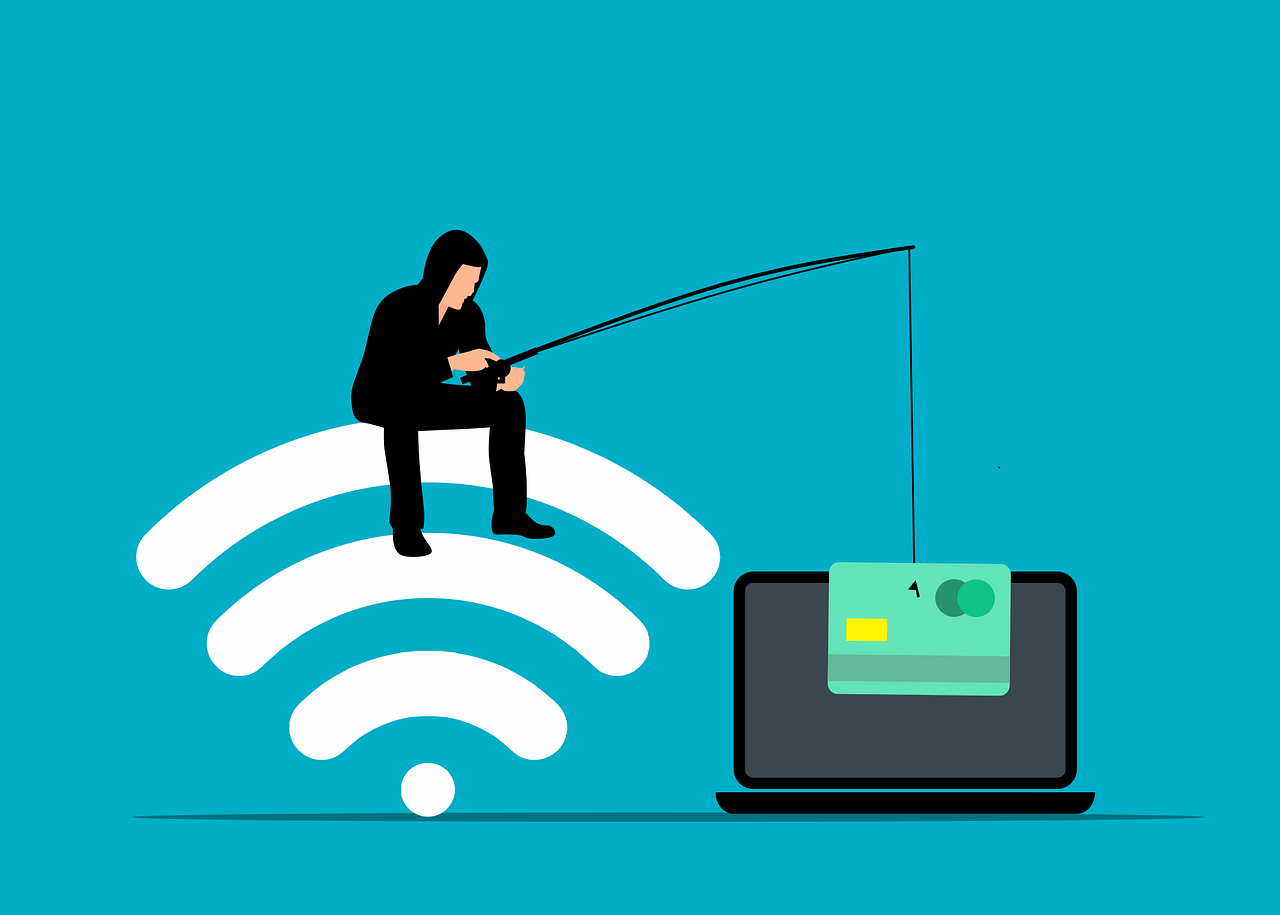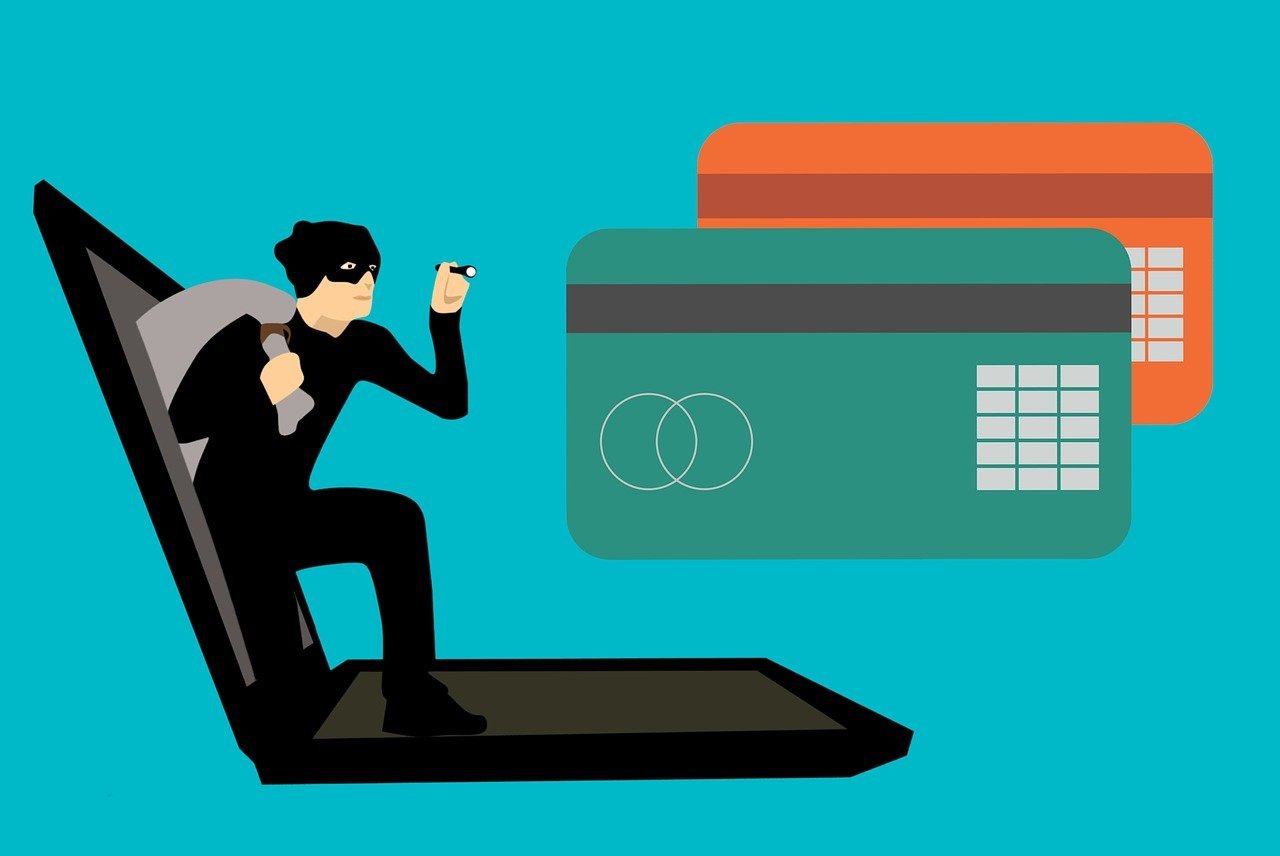Have you ever wondered how to protect your hard-earned savings from scams? With so much information spread across multiple platforms, it can sometimes feel overwhelming to ensure your financial security. One area, in particular, that has been increasingly targeted by scammers is individual retirement accounts, or IRAs. Understanding IRA account scams is essential for you to safeguard your investments effectively.

This image is property of images.unsplash.com.
Understanding IRA Accounts
Before diving into the specifics of scams, it is crucial to comprehend what an IRA account is. An IRA, or Individual Retirement Account, is a type of savings account designed to help you save for retirement with tax advantages. Unlike traditional savings accounts, IRAs provide you with potential tax breaks for the money you deposit, which can grow over time with interest, dividends, and capital gains.
Types of IRA Accounts
There are several types of IRAs, each with distinct features and benefits. Understanding these options is the first step in avoiding scams:
Traditional IRA
This is the most common type of IRA. Your contributions to a traditional IRA may be tax-deductible, and the investments can grow tax-deferred until you withdraw them in retirement. At that time, the withdrawals are taxed as ordinary income.
Roth IRA
Contributions to a Roth IRA are not tax-deductible, but qualified distributions are tax-free when you retire. The growth potential comes from tax-free compounding, and since you have already paid taxes on your contributions, you won’t owe taxes on your withdrawals.
SEP IRA
A Simplified Employee Pension IRA is typically used by self-employed individuals or small business owners. It allows you to make contributions as both an employer and an employee, which can be higher than with other IRAs.
SIMPLE IRA
This is designed for small businesses and allows both employee and employer contributions. It’s straightforward to set up and offers tax advantages for both parties.
Identifying Common IRA Account Scams
Now that you know what an IRA account is, let’s discuss some common scams you need to be aware of. Scammers are always finding new and innovative ways to trick people out of their money, so staying informed is your best defense.
Phishing Scams
One of the most common tactics is phishing, where you receive an email or phone call that looks like it’s from a legitimate financial institution. The message might ask you to provide personal information or direct you to a counterfeit website that mirrors your bank’s site.
Ponzi Schemes
These scams promise you high returns with little risk. A Ponzi scheme, named after Charles Ponzi, pays returns to earlier investors using the capital from newer investors, not from legitimate business profits. Be wary of investment opportunities that sound too good to be true.
Pump-and-Dump Schemes
In this scam, fraudsters artificially inflate the price of a stock or other security, boosting investments from naive investors, and then sell off their holdings, causing the price to plummet. This can impact your IRA if it holds such investments.
Unregistered Investment Fraud
Remember that all investment professionals and firms must be registered with financial regulators. Scam artists might claim to offer high returns through “little-known” investment opportunities that aren’t registered. These are often fraudulent.
Protecting Your IRA from Scams
Being proactive about the safety of your IRA can prevent scams from affecting your hard-earned savings. Knowing what signs to look out for and how to respond is a big part of this.
Verify Your Sources
Always verify the sources of any communication you receive about your IRA. Contact your financial institution directly using contact information from their official website. Never trust phone numbers or email addresses provided in suspicious communications.
Educate Yourself
Knowledge is power. Continuously educate yourself about common scams and investment opportunities. Use credible sources like financial news sites, or consult with your financial advisor.
Monitor Your Accounts Regularly
Make it a habit to check your IRA statements and any other financial accounts regularly. Contact your bank or financial institution immediately if you notice any unfamiliar transactions.
What to Do If You’re a Victim
Sometimes, despite your best efforts, you might fall victim to a scam. If this happens, taking immediate action can help mitigate the impact.
Report the Scam
Immediately report the scam to your financial institution. They can help you stop any ongoing fraudulent transactions and secure your account. Additionally, report the incident to local law enforcement or the Federal Trade Commission (FTC).
Monitor Your Credit
Keep an eye on your credit report for sudden changes. If you notice any unauthorized accounts or inquiries, report them to the credit bureaus and consider placing a fraud alert on your report.
Seek Professional Guidance
When unsure about the steps to take after being scammed, you should consult with a financial advisor or a lawyer specializing in financial fraud. They can provide guidance tailored to your situation.

This image is property of pixabay.com.
Educate the Next Generation
Preventing IRA scams isn’t just about protecting your current assets; it’s also about educational outreach. Teach younger family members or less experienced investors about financial literacy and the signs of fraudulent activities.
Share Articles and Resources
There are numerous resources and articles available that discuss financial scams and provide guidelines on safe investing. Share these with friends and family to increase awareness.
Encourage Open Dialogues
Create an open environment where your peers and family members feel comfortable discussing their finances and any suspicious activities they have encountered. This can lead to early detection and prevention.
The Role of Financial Institutions
Financial institutions have a role to play in safeguarding your investments. Knowing how they contribute to preventing fraud can also help you choose the right institution for your IRA.
Security Measures
Banks and financial institutions implement various security measures like encryption, two-factor authentication, and transaction monitoring. Make sure to choose institutions that have robust security policies.
Customer Support
Reliable institutions have a responsive customer support system. They can provide timely assistance if you notice anything abnormal with your account. Check reviews and do some background research to ensure the institution’s reliability.

This image is property of pixabay.com.
The Digital Age and IRA Security
With the integration of technology in financial transactions, digital security has become crucial. You must stay aware of how digital advances impact IRA security and protect against cyber threats.
Online Account Access
While convenient, online account access can also be risky if not properly managed. Always use strong, unique passwords for each financial service and enable extra security measures like two-factor authentication whenever possible.
Be Cautious with New Tech
You might be tempted to try new digital financial platforms, apps, or cryptocurrencies, but ensure they are safe and regulated before integrating them with your IRA. Research and read reviews to identify potentially risky tech offerings.
Conclusion
By understanding the mechanics and potential pitfalls surrounding IRA accounts, you can better protect your financial future. Awareness and education are keys to preventing scams and ensuring your retirement savings are secure. Always remain vigilant and informed as scammers adapt and change their tactics in an attempt to exploit unsuspecting individuals.

This image is property of pixabay.com.